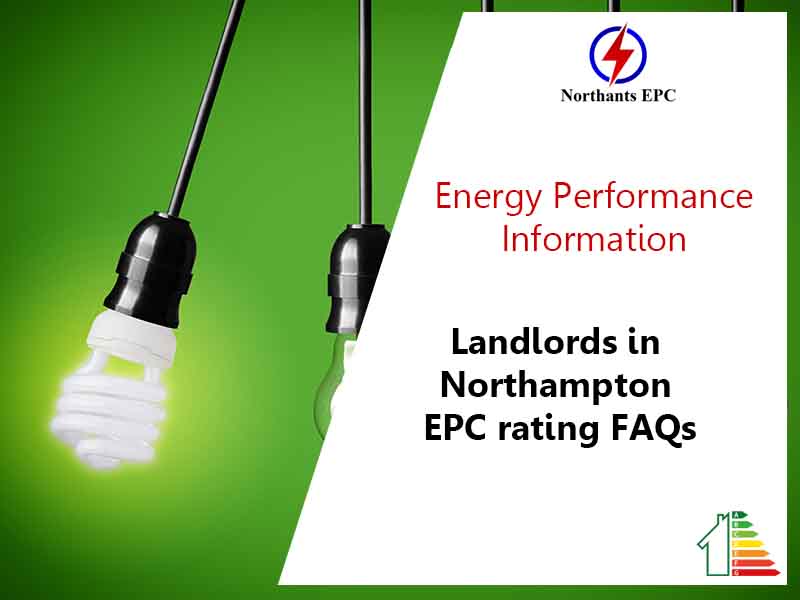Landlords in Northampton EPC rating FAQs
What is an EPC rating?
An EPC rating is a standardised indication of a property’s energy efficiency. This rating comes as part of an Energy Performance Certificate – a document that details the typical energy consumption and costs for a property, together with ways to reduce them.
What is the minimum EPC rating for landlords?
The minimum EPC rating for landlords of private domestic rented properties is E. This requirement was set by changes to the Minimum Energy Efficiency Standard (MEES) regulations on 1 April 2020 and applies to all domestic private rented properties that are:
− Assured, regulated or domestic agricultural tenancies
− Legally required to have an EPC
Why do landlords need to comply with the minimum EPC rating?
Under the MEES regulations, it is unlawful for you to let or continue to let a property until you either improve the EPC rating to at least E or register a valid exemption. This applies to all tenancies, no matter when they started.
Landlords who don’t adhere to the rules could face a civil penalty of up to £5,000 for non-compliance, with the potential fine varying depending on the length of the breach. Tenants can raise a case with the First-Tier Tribunal General Regulatory Chamber if they think their landlord is breaching the legislation.
What are the exemptions to the MEES regulations?
As a landlord, you must comply with the MEES regulations regarding existing tenancies unless you can rely on one of several available exemptions. These include but are not limited to:
- Exemption due to devaluation – a temporary exemption of five years will apply if a landlord can demonstrate that the installation of energy-efficiency measures would reduce the market value of the property by more than 5%.
- Exemption for new landlords – if a person becomes a landlord recently or suddenly in specified circumstances under the MEES regulations, a temporary exemption of six months will apply.
- Third-party consent – if a landlord cannot obtain necessary third-party consent to improve the EPC rating of the property (including but not limited to lender consent, superior landlord consent and tenant consent), they may let a ‘sub-standard’ property.
A landlord, or a letting agent on their behalf, wishing to apply for an exemption must register it on the Online Private Rented Sector Exemptions Register.
Local authorities give and keep fines for non-compliance, which incentivises them to enforce the legislation. This means any landlord thinking of trying to skirt around the rules should think again.
Northants EPC specialise in offering advice to Landlords throughout Northamptonshire. If you require advice about current and forthcoming legislation, or if you would like a consultation in order to establish what you need to do to comply, feel free to Contact Us.
